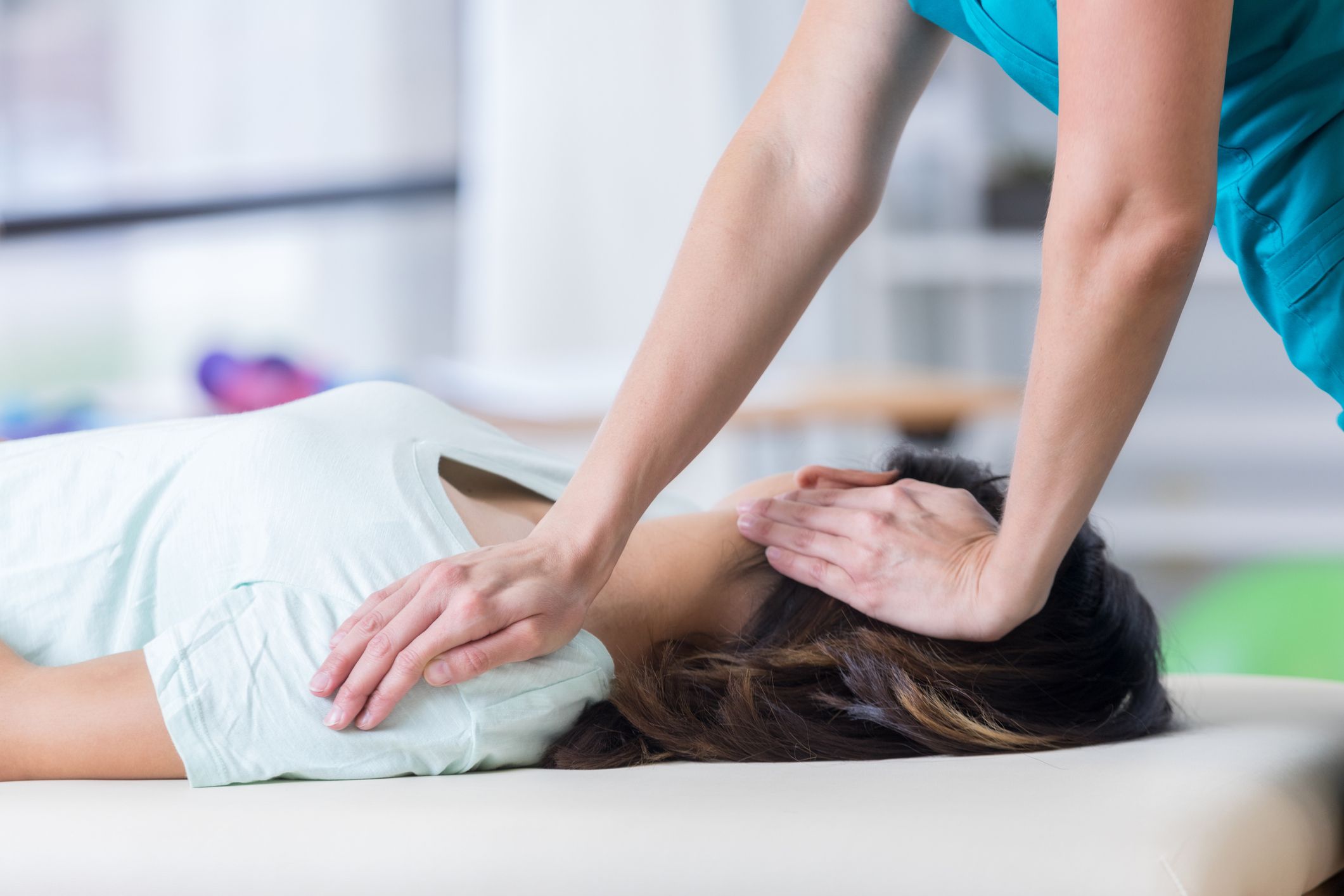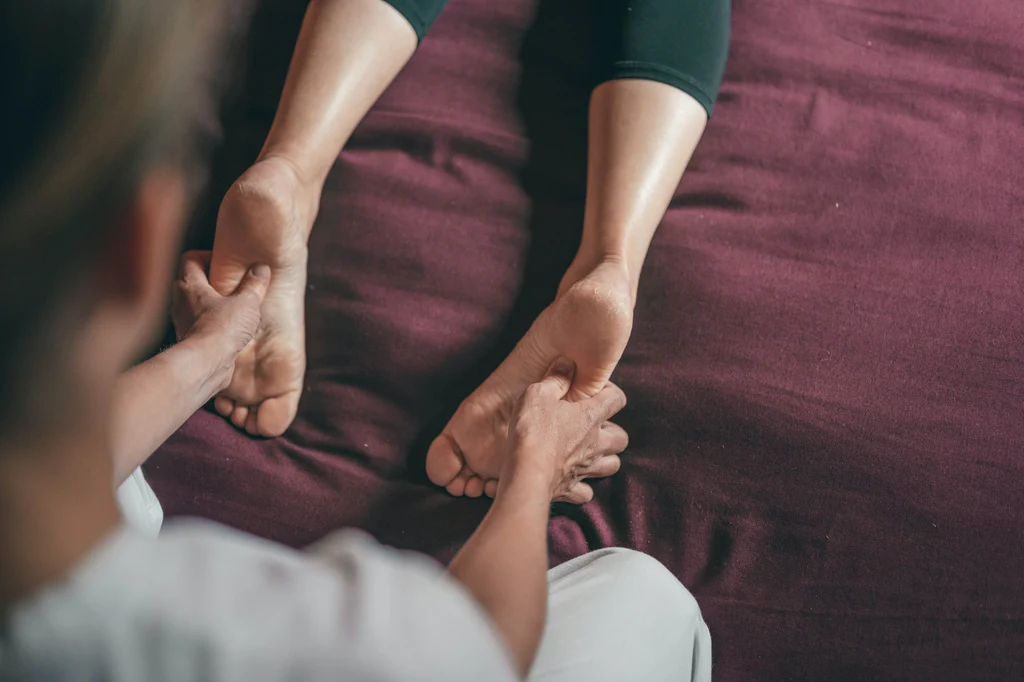As athletes strive to push their physical limits and achieve peak performance, optimizing their physical health and well-being becomes crucial. One often overlooked but highly effective tool in an athlete's toolkit is sports massage. In this article, we will explore the science and benefits of sports massage therapy and how it can play a crucial role in helping athletes reach their peak performance levels.
Sports massage offers a wide range of benefits that can positively impact an athlete's performance. These benefits include:
Improved circulation and oxygenation of muscles: Sports massage can stimulate blood flow, which helps deliver oxygen and nutrients to the muscles, aiding in their recovery and performance.
Enhanced flexibility and range of motion: Sports massage can help improve joint flexibility and increase range of motion, allowing athletes to move more freely and perform at their best.

Reduced muscle tension and soreness: Sports massage can target specific muscle groups to release tension and reduce soreness, helping athletes recover faster and reduce the risk of overuse injuries.
Prevention of injuries by identifying and addressing muscular imbalances: Sports massage can help identify and address muscular imbalances or tightness, which can contribute to injuries. By correcting these imbalances, athletes can prevent potential injuries and improve overall performance.
Faster recovery from workouts and competitions: Sports massage can help accelerate the recovery process by reducing muscle soreness and promoting tissue repair, allowing athletes to bounce back faster from intense workouts or competitions.
The benefits of sports massage are not just anecdotal; there is scientific evidence to support its effectiveness. The physiological effects of sports massage on the body include:
Release of endorphins and reduction of stress hormones: Sports massage can stimulate the release of endorphins, which are the body's natural painkillers, and reduce the production of stress hormones like cortisol, helping athletes feel more relaxed and less stressed.
Activation of the parasympathetic nervous system: Sports massage can activate the parasympathetic nervous system, which is responsible for the body's rest and relaxation response. This can help athletes recover from intense training or competitions and improve their overall well-being.
Promotion of tissue repair and regeneration: Sports massage can stimulate the production of collagen, a protein that plays a crucial role in tissue repair and regeneration. This can help athletes recover from injuries faster and improve overall performance.
Modulation of pain perception: Sports massage can affect the way the body perceives pain by stimulating nerve fibers that can block pain signals. This can help athletes manage pain from injuries or soreness more effectively.
Effects of sports massage on fascia, muscles, and other soft tissues: Sports massage can manipulate fascia, muscles, and other soft tissues to improve their flexibility, reduce tension, and promote optimal functioning. This can help athletes move more efficiently and perform at their best.

To fully benefit from sports massage, it's important for you to incorporate it into your training regimen in a strategic manner. Consider the following tips:
Frequency and timing of sports massage sessions: The frequency and timing of sports massage sessions can vary depending on your training schedule, goals, and budget. It's important to find a balance that works best for you. Some athletes may benefit from weekly sports massage sessions, while others may find bi-weekly or monthly sessions sufficient. The timing of the massage sessions can also vary, with some athletes opting for pre-event or post-event sports massages to optimize performance and recovery.
Integration of sports massage with other components of your training plan: Sports massage should be seen as a complementary component of your overall training plan. It should be integrated with other components such as rest, nutrition, and hydration to achieve optimal results. Adequate rest, proper nutrition, and hydration can support the benefits of sports massage and help you perform at your best.
Consider incorporating sports massage into your training routine to maximize your athletic potential and enhance your overall performance. Consult with a qualified sports massage therapist, communicate your needs and goals, and integrate sports massage with other components of your training plan. Remember, investing in your physical health and well-being through sports massage can be a game-changer in your athletic performance. So, go ahead, take the first step, and experience the benefits of sports massage for yourself!
Be the first to post comment!